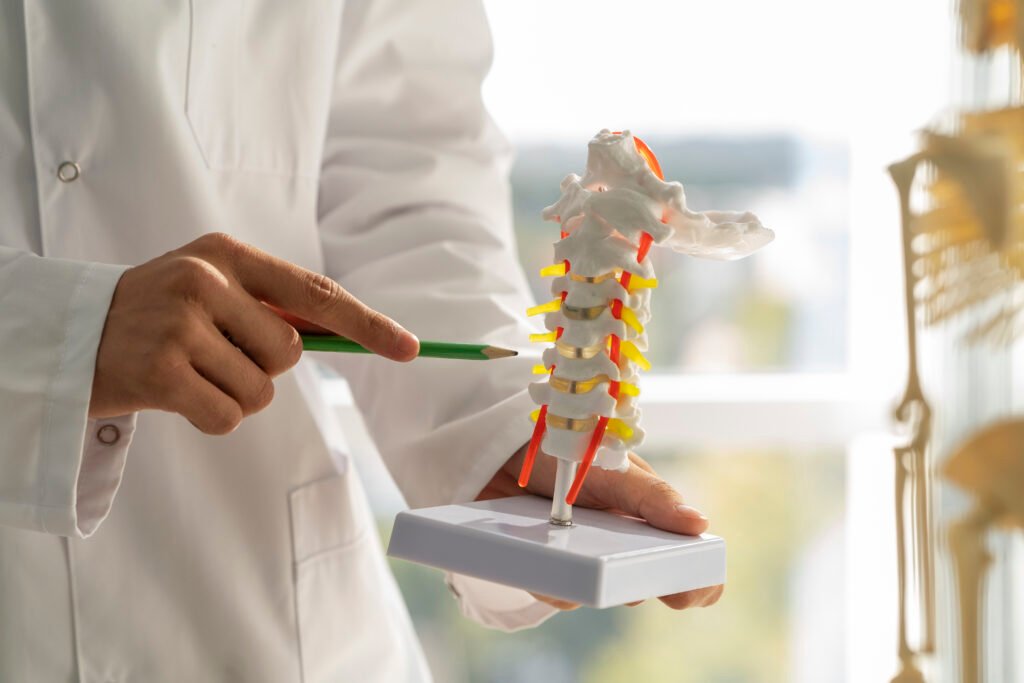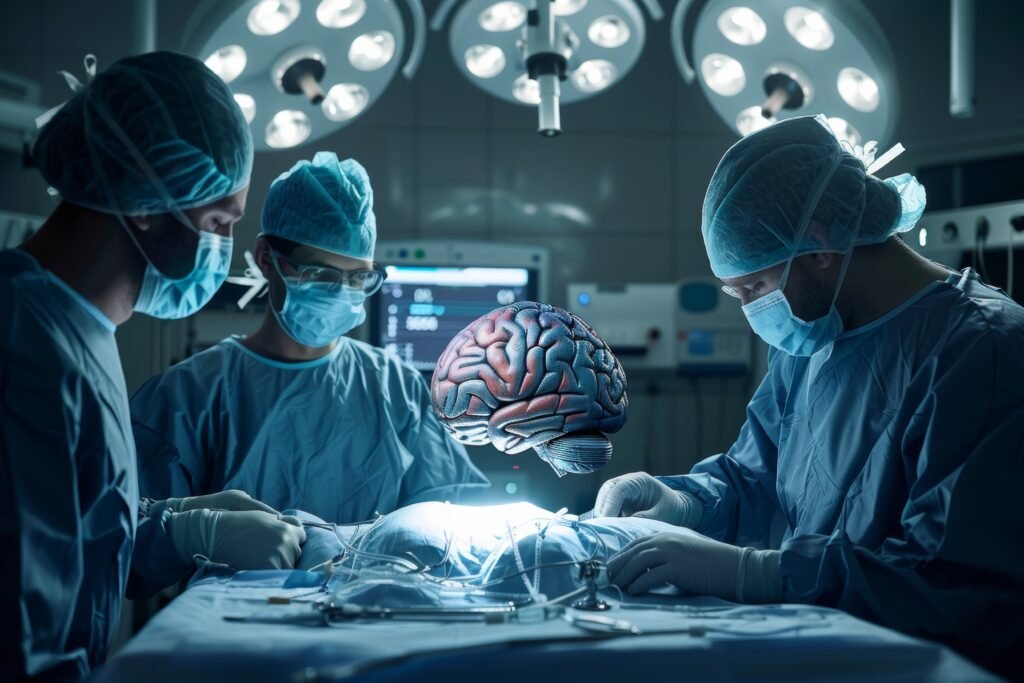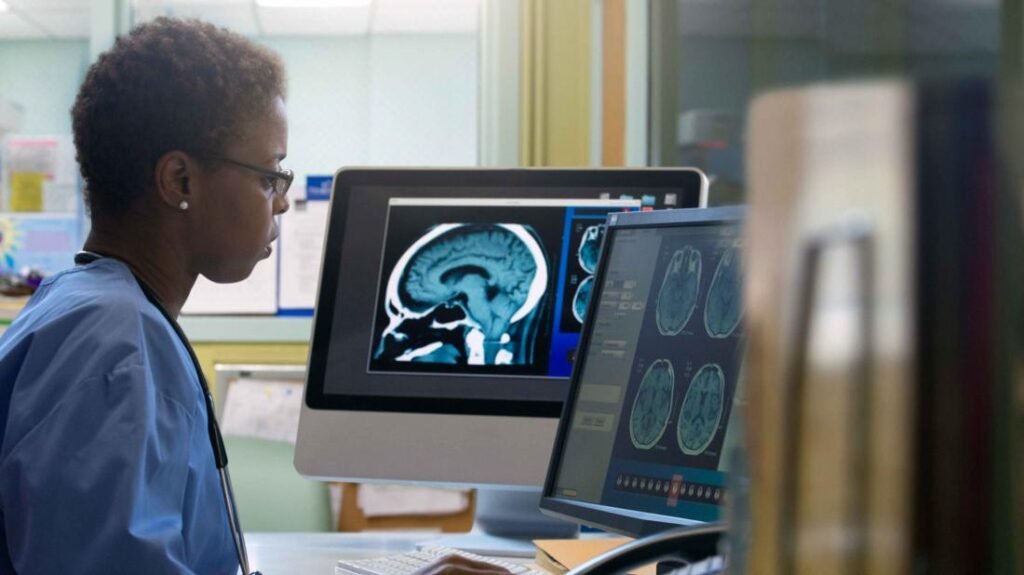In the fast-paced realm of emergency medicine, the significance of trauma centers cannot be overstated. When faced with critical injuries and life-threatening situations, having access to specialized trauma care can make all the difference. For individuals seeking immediate assistance during emergencies, knowing where to find a trauma center near them becomes paramount. Fortunately, in most urban areas, trauma hospitals are strategically located to provide timely and efficient trauma care.
Trauma centers serve as specialized facilities equipped to handle the most severe cases of injury and trauma. These hospitals are staffed with highly trained medical professionals, including trauma surgeons, emergency physicians, nurses, and support staff, who are adept at providing rapid assessment, stabilization, and treatment to trauma patients. Whether it’s a motor vehicle accident, a gunshot wound, or a fall from a height, trauma centers are equipped to handle a wide range of traumatic injuries with precision and expertise.
In many cases, the difference between life and death hinges on the promptness and quality of trauma care provided. Thus, the availability of a trauma hospital nearby can be a crucial factor in ensuring optimal outcomes for trauma victims. When seconds count, being able to access a trauma center near you can significantly improve your chances of survival and recovery.
One such example is the City Hospital and Trauma Center, which stands as a beacon of hope and resilience in the face of adversity. Located centrally within the city, this trauma center plays a pivotal role in providing emergency and trauma care to individuals in need. With state-of-the-art facilities and a dedicated team of medical professionals, the trauma center offers comprehensive services ranging from initial assessment to surgical intervention, rehabilitation, and beyond.
In urban areas, the accessibility of trauma centers plays a critical role in ensuring that individuals receive timely and appropriate care during emergencies. Knowing the location of ‘trauma hospitals near me’ can be invaluable, especially in situations where every minute counts. The trauma center near me provides essential emergency and trauma care services to individuals in the local community. Trauma centers are strategically positioned to serve communities efficiently, often located within or in close proximity to major hospitals or medical facilities.
Trauma care is a specialized field within emergency medicine that requires a multidisciplinary approach and specialized resources. Trauma centers are specifically designed and equipped to meet the unique needs of trauma patients, with designated trauma bays, operating rooms, and intensive care units. These facilities are staffed with highly trained medical professionals who are experienced in managing a wide range of traumatic injuries, from minor cuts and fractures to severe blunt or penetrating trauma.
For those unfamiliar with trauma care, understanding the role of trauma centers and their importance in emergency medicine is crucial. Trauma care encompasses a multidisciplinary approach aimed at addressing the unique needs of trauma patients. From the moment a patient arrives at the trauma center, a well-coordinated team springs into action, utilizing advanced diagnostic tools and treatment modalities to deliver timely and effective care.
Trauma centers operate on a tiered system, with different levels of designation based on the resources and capabilities available. While some trauma centers may offer basic trauma care, others, like trauma centers near me, are designated as Level I or Level II trauma centers, signifying the highest level of care and expertise. These facilities are equipped to handle the most complex cases and provide comprehensive trauma care, from resuscitation to rehabilitation.
In addition to their primary role in managing traumatic injuries, trauma centers also play a vital role in education, research, and injury prevention efforts. By disseminating knowledge, conducting studies, and advocating for safety measures, trauma centers contribute to the ongoing improvement of emergency medical services and the reduction of preventable injuries.
In addition to providing acute trauma care, trauma centers also play a crucial role in long-term rehabilitation and recovery. For many trauma survivors, the journey to recovery extends beyond the initial emergency treatment phase and may involve ongoing therapy, surgeries, or specialized interventions. Trauma centers work closely with rehabilitation specialists, physical therapists, and other healthcare providers to ensure that patients receive comprehensive care throughout their recovery process.
The importance of trauma care centers extends beyond individual patient care to encompass broader public health initiatives and injury prevention efforts. By studying patterns of injury, identifying risk factors, and advocating for safety measures, trauma centers contribute to the reduction of preventable injuries and the promotion of community well-being.
In conclusion, trauma center hospital serve as critical lifelines in the realm of emergency medicine, providing essential care to individuals in their most vulnerable moments. Whether it’s through trauma hospitals near me or specialized trauma centers, access to timely and high-quality trauma care can mean all the difference in the outcome of traumatic injuries. By recognizing the importance of trauma centers and supporting their mission, we can collectively strive towards a safer and healthier future for all.
FAQs:
1. What does trauma mean in the hospital?
In a hospital setting, trauma refers to severe physical injuries resulting from accidents, violence, or other traumatic events, requiring immediate medical attention and specialized care to address the critical nature of the injury and prevent further complications.
2. What is the role of a trauma center?
The role of a trauma center is to provide specialized and timely care for individuals with severe injuries, including assessment, stabilization, and treatment, often involving surgical intervention and intensive care management, to improve patient outcomes and reduce mortality rates.
3. Why is it called a trauma center?
It’s called a trauma center because it specializes in providing immediate and comprehensive care for traumatic injuries, utilizing specialized equipment and highly trained medical personnel to manage critical cases effectively.
4. What is the difference between a trauma center and a hospital?
A trauma center is a specialized facility equipped to handle severe injuries and emergencies and staffed with trauma-trained medical personnel, while a hospital is a broader medical facility that offers a range of medical services beyond trauma care.










